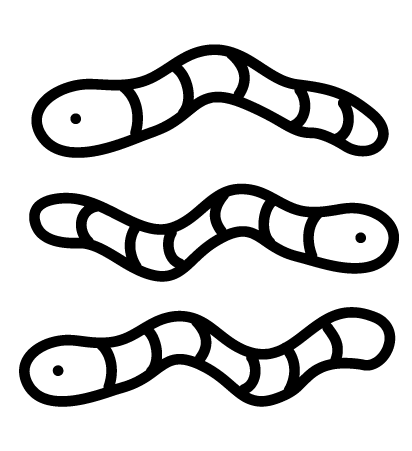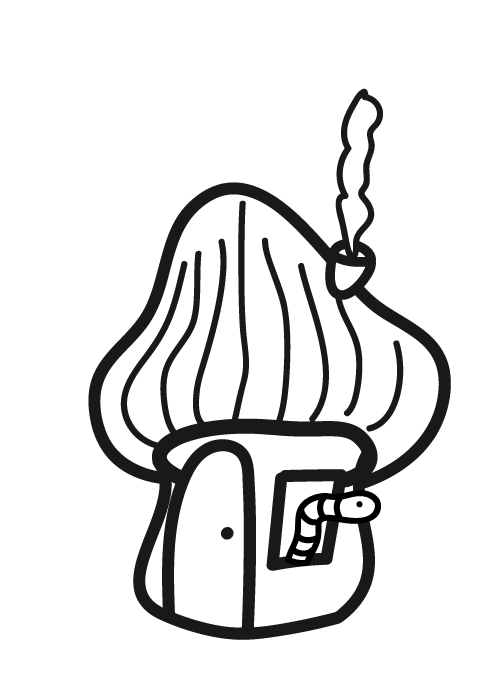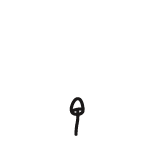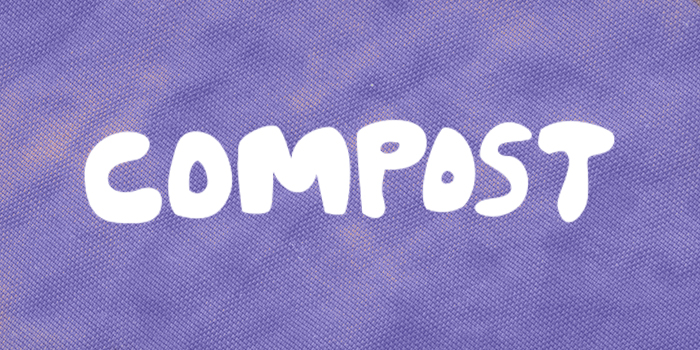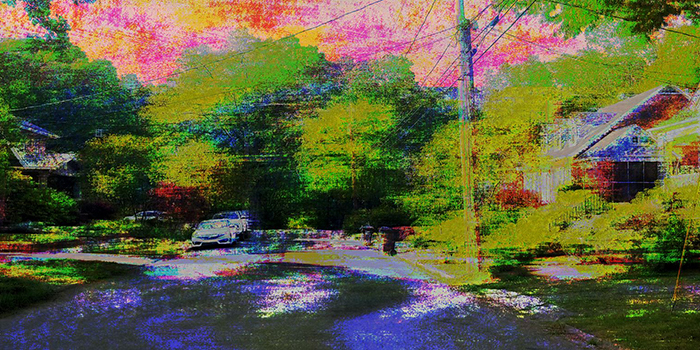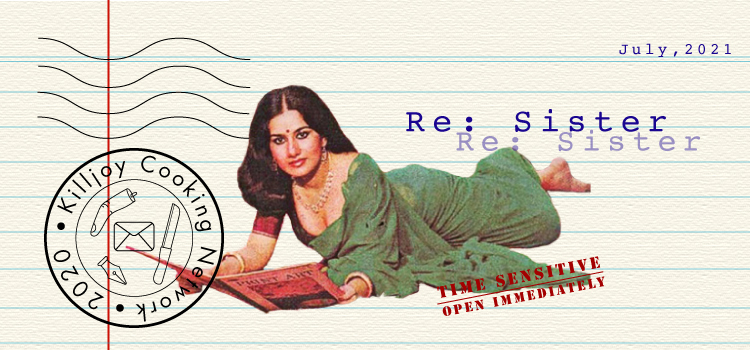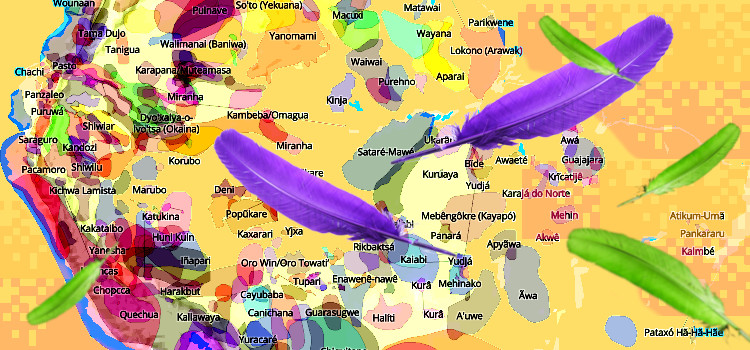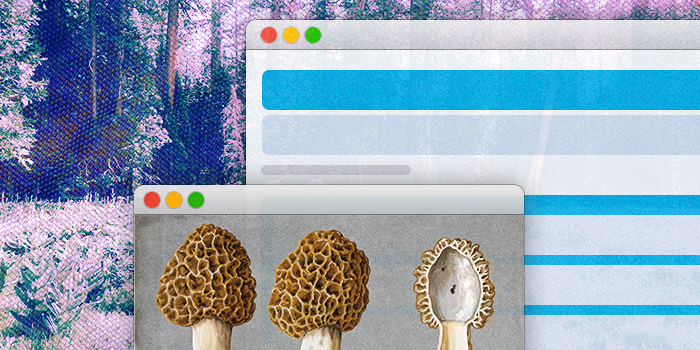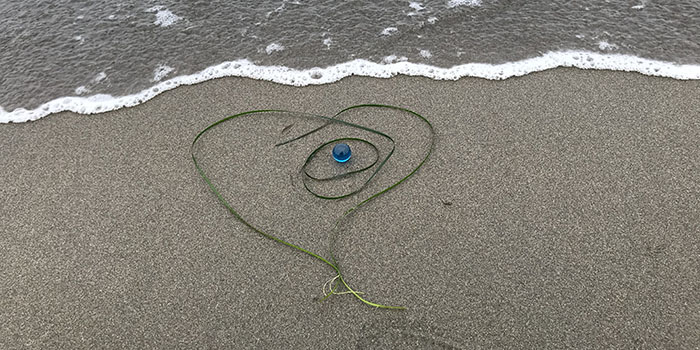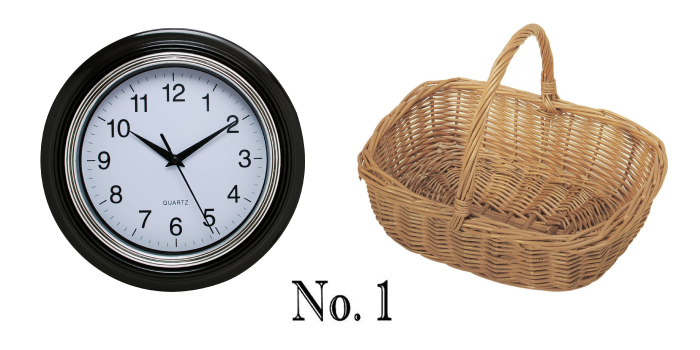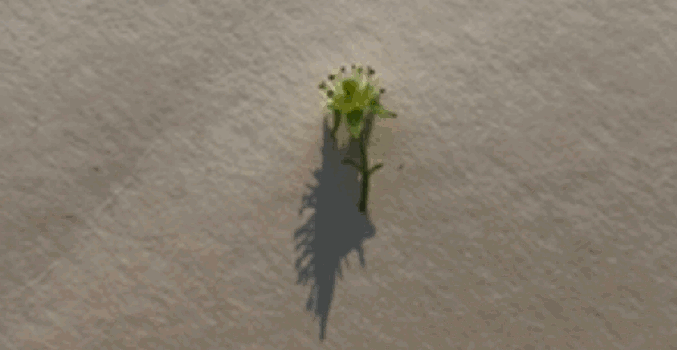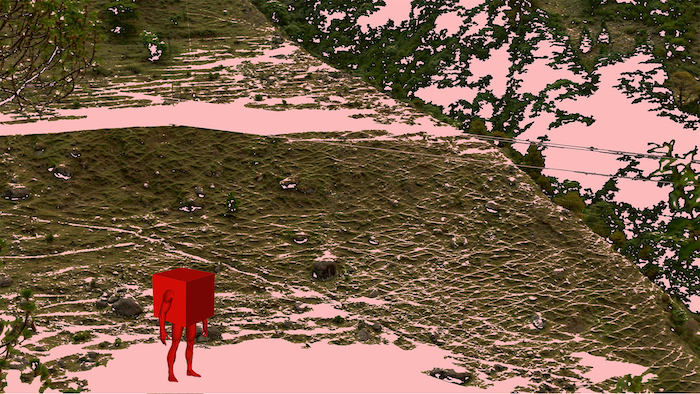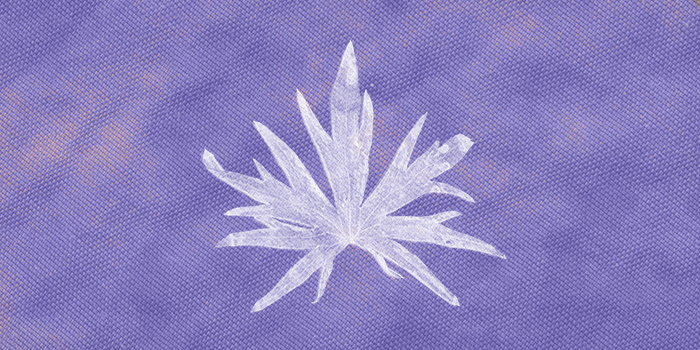Logging Off
Posts 1204
Rank Moderator
In the new year, you feel optimistic and hopeful enough to write out some resolutions. First, you make a long list of things you’d like to forage this year. You think about friends you want to stay in touch with. You think about the forum, which now occupies a prominent part of your daily routine — maybe too prominent, you think. You write down two resolutions: Shape the forum into a welcoming, thoughtful space and Balance my offline and online life.
As a moderator, you now have access to a small page of statistics: the number of posts made over time, the number of users who have logged in over the past 30 days, the number of new registered users. The graph of new users shows a significant uptick in the fall — a destabilizing, frustrating experience that has now leveled off. People have stopped asking questions that are in the FAQ. Users who joined in the fall have started shepherding the even newer users around, pointing them to the right places to post, pointing them to Use the search function, please.
When work is slow you log on and post a supportive comment here, a gentle reprimand there. Gardening work, you think: small, regular acts of careful maintenance, of nudging the community towards a certain kind of growth. You would like the community to be more open-hearted towards difficult topics — all the things Daniella posted about, all the things you are slowly learning, slowly shifting to believe. It’s hard to be so close to nature and not grieve its decline. It feels more and more important to talk about it, although you feel clumsy when you do so, still uncertain and searching.
You can’t rush a community, you think. It is shifting in small, tentative ways, and you are hoping the work will pay off.
Daniella is texting every day again, but rarely mentions the forum. At first it feels uncomfortable to not discuss it, and then the rest of your lives start filling up the empty space.
In the spring you go on a hike together, right after an unexpected gift of rain. Neither of you are looking for anything, but the instinct to scan the ground and identify things surges forward. “Do you know what those are?” she asks, pointing at a cluster of small, white blooms.
“Milkmaid flowers?” you guess, and she nods. “Cardamine californica,” she says. “My favorite ones.”
It’s too early for most of the other wildflowers, but you imagine what this landscape will look like in the coming weeks, slowly filling up with color.
“I have an update,” she says. “I emailed my old advisor last week. I want to go back and continue my research. We’ll see what she says.” She doesn’t sound nervous; her voice is light, relaxed.
“Are you excited to be back?” you ask.
“Maybe,” she says. “It’ll be different now. I used to worry so much about preserving the world we had, and now I feel like the task is so much bigger. It’s excavating the past and all the cruelties that made the environment so fragile. I found out recently that a parking lot near my home used to be an Ohlone shellmound. It feels like an awful metaphor for civilization: we displaced an entire society and now people park minivans there.”
She looks at you, and when you nod she rushes on, sustained by the encouragement. “It feels impossible to solve climate change the way we’re going about it now. We’re erasing other ways of living, ways that didn’t see the earth as a commodity to parcel out and desecrate. And I want it to be different, somehow. A different way of remembering and changing and moving forward in the world.”
The trail slopes downwards, passing under the shade of a tree. When you both emerge, the sunlight is sliding off the surface of a small creek. You squint at it, trying to imagine a time when it was fuller, deeper; when there was less landfill drying up the marshlands and estuaries, when the shores were dense with herons and sandpipers. Your boots press into the soil. A whole history carried inside the soil, sedimented with loss and settlement.
At the end of the hike, you say, “I hope you’ll still have time for foraging trips.”
“I’ll make the time,” she says. “I’m leaving a lot of my old habits behind, but I want to keep this one.”
When you return home you stand at the edge of the door for a moment. Pollen tickles your nose and you sneeze. It’s your neighbor’s juniper tree, you think. The joy of identifying it almost makes up for the discomfort.
Inside, you settle into your chair and open your laptop. Someone is asking whether there will be morels in California this year: Aren’t they more abundant after a forest fire? Someone else wants advice on buying a trowel. People in the northern hemisphere are looking forward to spring foraging and all the ecological largesse that longer days will bring.
Someone has made their first post.
eastofeden How hard is it to learn how to identify mushrooms? I want to learn how to forage but I’m not sure where to start. I keep on reading about poisonous mushrooms and it’s freaking me out.
You sit up a little straighter and begin writing a response: something encouraging, something to ease their mind and make them feel welcome.
The end.
Celine Nguyen is a designer, design historian, and writer. She is an MA student in History of Design at the V&A Museum/Royal College of Art, where her research considers contemporary web aesthetics and their relationship to our ecological world. Right now, she wants to know: what does degrowth look like for the web?
